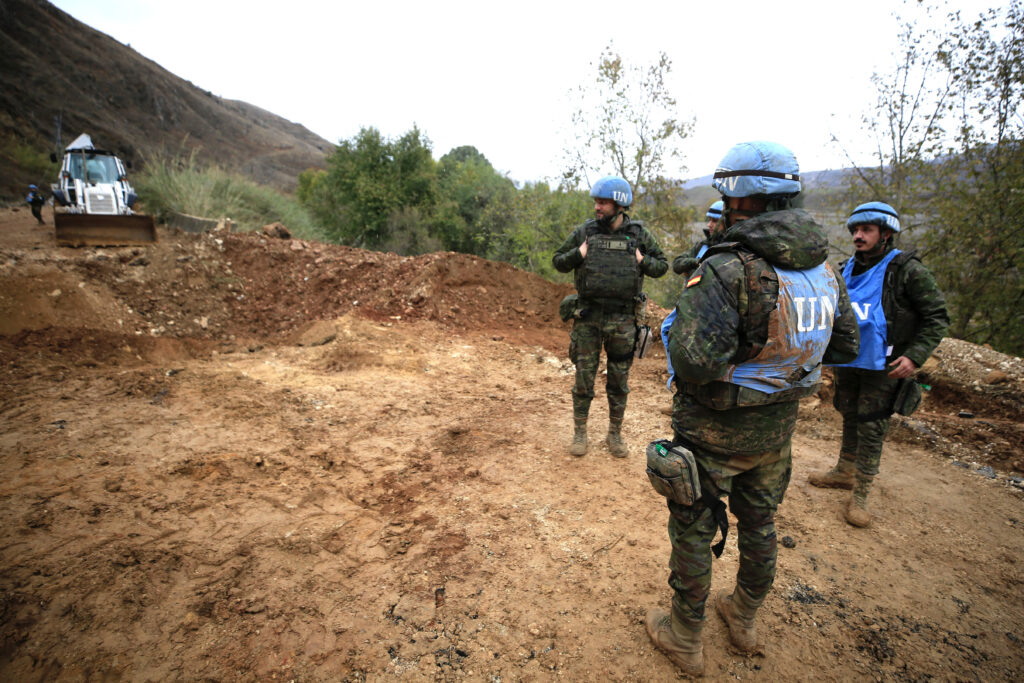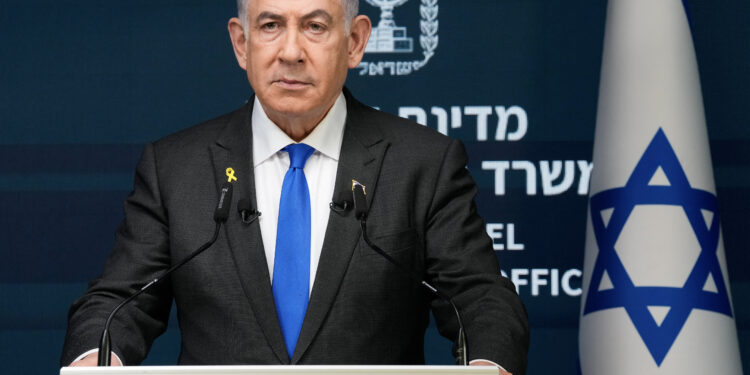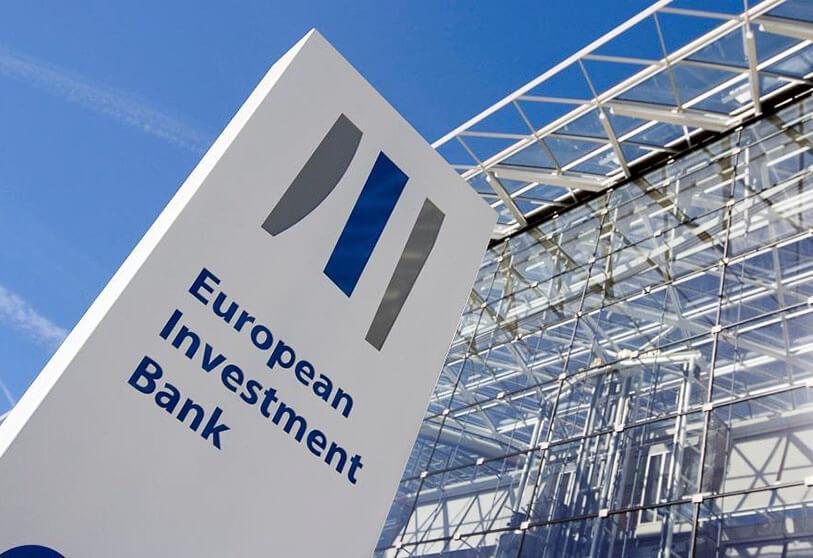Brussels – After intense negotiations, the ceasefire between Israel and Hezbollah came into effect in the early hours of Wednesday morning (Nov. 27), putting on hold for 60 days the fighting that has been raging in southern Lebanon since last October, threatening to destabilize further an already raging Middle East. The agreement, brokered by Washington and Paris, provides for the demilitarization of the strip of land separating the Jewish state from the Land of the Cedars and has been hailed by European leaders as a diplomatic success in trying to respond to the ongoing serious humanitarian crisis. However, it remains to be seen how long the fragile truce will hold before fighting resumes in that battered corner of the world.
The content of the agreement
On Tuesday evening (Nov. 26), Israeli Prime Minister Benjamin Netanyahu accepted the terms of the pact made with the Lebanese pro-Iranian Hezbollah militias, on which the US and France worked extensively to formulate. The main points of the agreement include a 60-day truce, the withdrawal of the fighters of God’s Party north of the Litani River (about 25 km north of the so-called Blue Line, which marks the border between the Jewish state and the Cedar Country), the dismantling of militia infrastructure, the parallel withdrawal of the Israeli Defense Forces (IDF) from southern Lebanon concurrent with the arrival, also south of the river, of the regular Beirut Army, and finally, the creation of an international implementation committee chaired by Washington.
The pact comes in the last glimmer of Joe Biden‘s presidency and, at least potentially, is a significant turning point in the latest dramatic phase of the decades-long Middle East crisis, which began with Hamas attacks on Oct. 7, 2023, immediately reverberating on the Israel-Lebanon border, an area controlled by Hezbollah and where Tel Aviv initiated a ground invasion last month in response to the launching of rockets on northern Israel. Hostilities over the past 13 months have cost the lives of about 4,000 Lebanese civilians, according to authorities in Beirut, while at least 300,000 citizens have had to flee their homes.

However, “the duration of the ceasefire depends on what will happen in Lebanon” since “in full agreement with the United States, we retain total freedom to act militarily” if the situation on the ground changes, Netanyahu admitted. The Israeli army will attack (with support from Washington) if Hezbollah “attempts to rearm” and if it “tries to rebuild terrorist infrastructure near the border,” the chief of the war cabinet warned.
European reactions
International reactions were quick to follow. In a joint statement, French President Emmanuel Macron and his US counterpart celebrated the reaching of the agreement that will “cease the fighting in Lebanon, and secure Israel from the threat of Hezbollah and other terrorist organizations operating from Lebanon,” and “create the conditions to restore lasting calm and allow residents of both countries to return safely to their homes.” “The United States and France will work with Israel and Lebanon to ensure this arrangement is fully implemented and enforced,” and “commit to lead and support international efforts for capacity-building of the Lebanese Armed Forces as well as economic development throughout Lebanon to advance stability and prosperity in the region.”
“The ceasefire agreement in Lebanon is a relief in the devastating situation in the Middle East,” said the EU High Representative for Foreign Policy, Josep Borrell, thanking the Elysée and the White House for their mediation. Now, the 12-star diplomacy chief stressed, however, it is necessary for the agreement to hold and for the attacks to really be suspended by both sides “to ensure the safety of Lebanese and Israeli citizens and the return of displaced persons.”
The agreement on a ceasefire in Lebanon is a relief in the devastating situation in the Middle East.
I want to praise France and the US for their mediation.
It is now crucial that the ceasefire holds, to guarantee the safety of both LEB & IL citizens, & the return of IDPs. 1/2
– Josep Borrell Fontelles (@JosepBorrellF) November 26, 2024
According to Borrell, the “full implementation” of UN Security Council Resolution 1701 is equally important. Adopted in August 2006, the resolution lays the groundwork for the cessation of hostilities between Israel and Hezbollah, which is part of the network of Iranian proxies in the region. Its key points, echoed in the ceasefire signed yesterday, are the disarmament of the Party of God, the withdrawal of the IDF from southern Lebanon, and the maintenance of security in the area by Lebanese security forces and the blue helmets of the Italian-led UNIFIL mission, which was also involved in the clashes.
Even the president of the EU executive, Ursula von der Leyen, whose second Commission was approved today in a European Parliament vote in Strasbourg, declared that the ceasefire “is very encouraging news,” stressing that “Lebanon will have an opportunity to increase internal security and stability due to the reduced influence of Hezbollah.”
Outgoing European Council President Charles Michel emphasized the importance of last night’s agreement as “a necessary step toward de-escalation” in the Middle East chessboard. Several observers believe, in this regard, that the ceasefire with the Lebanese Shiite militias could lead to a similar outcome in Israel’s war against Hamas, which for the past 13 months has continued to claim tens of thousands of victims (overwhelmingly civilians) in the Gaza Strip and for which the International Criminal Court has recently issued two arrest warrants for Netanyahu and his former Defense Minister Yoav Gallant, accused of war crimes and crimes against humanity.
Italian Foreign Minister Antonio Tajani, who just hours before the ceasefire announcement chaired the meeting of his G7 counterparts in Fiuggi, said he was proud “to have made a decisive contribution to this important result.”
English version by the Translation Service of Withub







